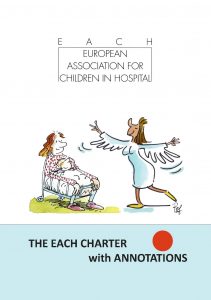
The BBC is reporting that a new study by the University of Stirling has found that there are significant differences in referrals to Child and Adolescent Mental Health Services (CAMHS) for suicidal children and young people.
Research found that 25% of children referred to Child and Adolescent Mental Health Services (CAMHS) were suicidal. In one health board 82% of those children were offered an appointment, but in another the figure was only 31%. The Scottish government’s suicide prevention strategy will be published this month.
The study, led by Dr Lynne Gilmour of the University of Stirling, examined referrals to Child and Adolescent Mental Health Services (CAMHS) in two health boards between January and June 2019. It recorded whether or not they were offered a face-to-face assessment, offered treatment immediately, rejected or put on a waiting list.
It is thought to be the first study to examine what happens to children after they are referred for suicidality – having attempted or thought about suicide. Health boards do not currently record what happens to children after they are referred to CAMHS for suicidality specifically. The research also found 33% of referrals were for children under 12 years, which it said “highlights the often-missed opportunity for early intervention”.
It concluded: “There are vast differences in how these referrals are processed and responded to. There is little difference in the issues being identified by referrers, the age range of children, and the behaviours they present and yet there were very different outcomes, and pathways of care.”
It recommended that CAMHS improve data collection to better understand the scale of the problem.
According to Public Health Scotland data released in June, the number of children being referred for mental health care in Scotland has risen by 22% since last year. In that quarter, 73.2% were seen within 18 weeks – a slight increase from 72.7% during the same period last year. The Scottish government said it was committed to its 18-week target for 90% of patients beginning treatment and has invested £40m to improve CAMHS and aims to clear all backlogs by March 2023.
To read the full BBC feature CLICK HERE.
